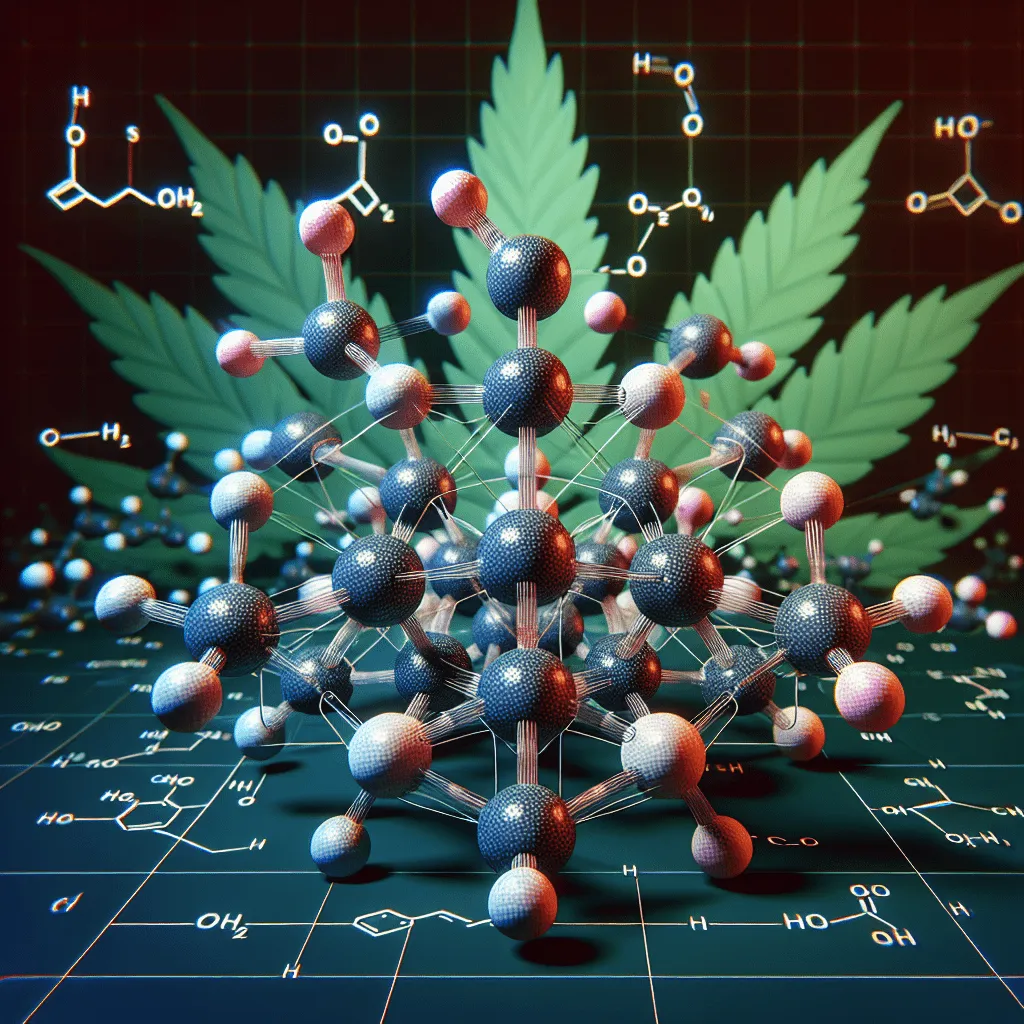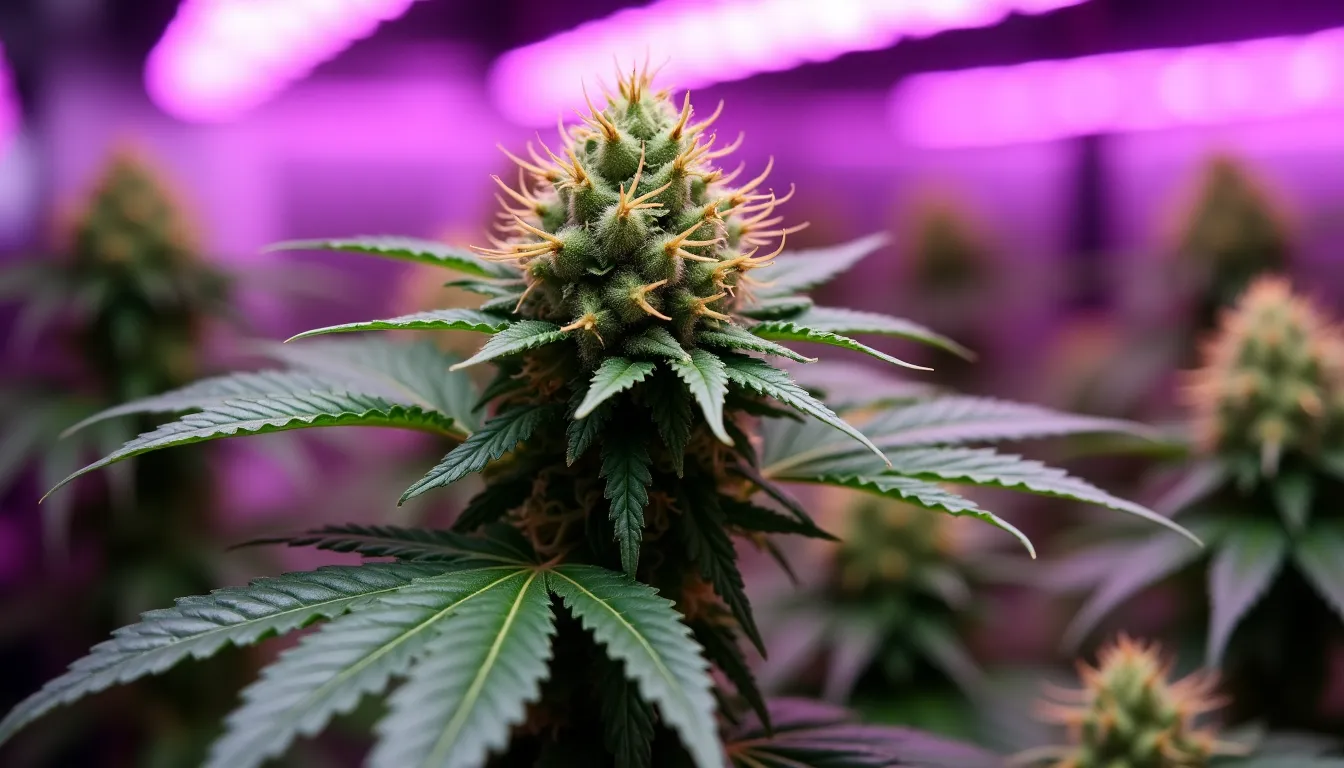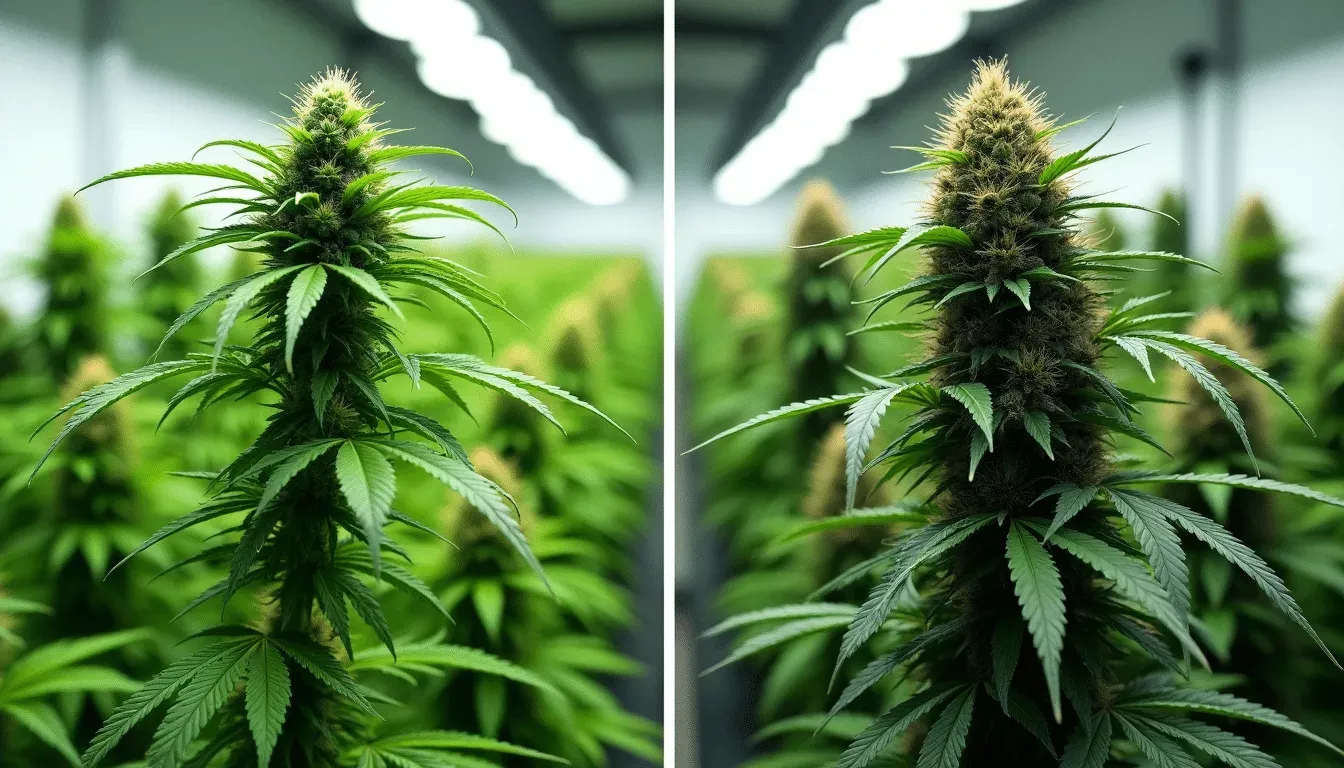THC:The Science Behind Cannabis’s Psychoactive Compound
In recent years, cannabis has shifted from a taboo topic to one of medical and scientific intrigue. At the heart of this transformation is tetrahydrocannabinol, better known as THC. This compound is not only famous for its psychoactive properties, which produce the sensations commonly associated with a “high,” but also for its potential therapeutic benefits that are the subject of ongoing research.
Understanding the science behind THC is crucial as its medicinal and recreational uses continue to proliferate. This article will delve into what THC is, explore its benefits and risks, and provide practical advice for both consumers and curious minds.
What is THC?
The Basics of THC
Tetrahydrocannabinol, or THC, is one of over 100 cannabinoids found in the cannabis plant. Cannabinoids are chemical compounds that interact with receptors in the brain and body to produce various effects. THC is the most well-known cannabinoid due to its psychoactive characteristics, which can lead to elevated mood, altered perception, and cognitive changes.
Historical Context and Evolution
The utilization of cannabis dates back thousands of years, with various cultures using the plant for its medicinal, spiritual, and recreational properties. However, it wasn’t until the 1960s that THC was first isolated and identified by Israeli chemist Raphael Mechoulam, revolutionizing our understanding of cannabis. This discovery set the stage for decades of research into how THC interacts with the human body.
Benefits and Risks
The Benefits
-
- Pain Relief and Anti-inflammatory Effects:THC has been acknowledged for its ability to alleviate pain, making it a popular subject of research in pain management. Its anti-inflammatory properties are particularly beneficial for those suffering from chronic conditions like arthritis.
- Mental Health Improvements:Emerging studies suggest that THC may have a role in treating conditions such as anxiety and PTSD by modulating the brain’s stress responses. Anecdotal evidence supports these claims, though more research is needed.
- Appetite Stimulation:Often referred to as “the munchies,” the appetite-stimulating effects of THC can be beneficial for patients with conditions that cause weight loss, such as cancer or AIDS.
The Risks Associated
-
- Cognitive and Psychological Effects:While THC can provide short-term mental relaxation, it can also impair cognitive functions and memory, especially in younger users whose brains are still developing.
- Dependency and Misuse:Although not as addictive as some substances, regular and prolonged THC usage can lead to dependency and withdrawal symptoms in some individuals.
- Legal and Safety Concerns:THC’s legal status varies globally, posing risks for users in areas where cannabis use is still criminalized. Additionally, unregulated products may contain harmful additives.
Tips and Insights for Safe THC Consumption
Know Your Limits
Understanding personal tolerance is key to safely enjoying the effects of THC. Beginners are encouraged to start with small doses and gradually increase to avoid unpleasant experiences, commonly known as “bad trips.”
Choose Quality Products
Opt for products from reputable sources to ensure quality and safety. Lab-tested products provide information on THC concentration and the presence of other cannabinoids and terpenes, helping users make informed decisions.
Maintain Awareness of Legal Regulations
Stay informed about local cannabis laws to ensure compliance and avoid potential legal issues. This is especially important when traveling, as regulations can vary significantly even within a single country.
Consider Method of Consumption
THC can be consumed in various forms, including smoking, vaping, edibles, and tinctures. Each method has different onset times and potencies, so users should select the method that best suits their lifestyle and needs.
Conclusion
Understanding the science of THC provides valuable insight into its complex role within the cannabis plant and its effects on the human body. THC is a multifaceted compound that offers potential benefits like pain relief and appetite stimulation but also poses risks such as cognitive impairment and dependency. As cannabis continues to gain legal and social acceptance, educating oneself about THC can lead to safer and more informed use.
For further exploration, consider delving into related topics such as the endocannabinoid system or the therapeutic potential of non-psychoactive cannabinoids like CBD. Share your thoughts or personal experiences with THC in the comments, and continue the conversation to enhance collective understanding.
By arming ourselves with knowledge, we can better navigate the evolving landscape of cannabis use, ensuring safe and beneficial experiences for all users.
Share this content:



